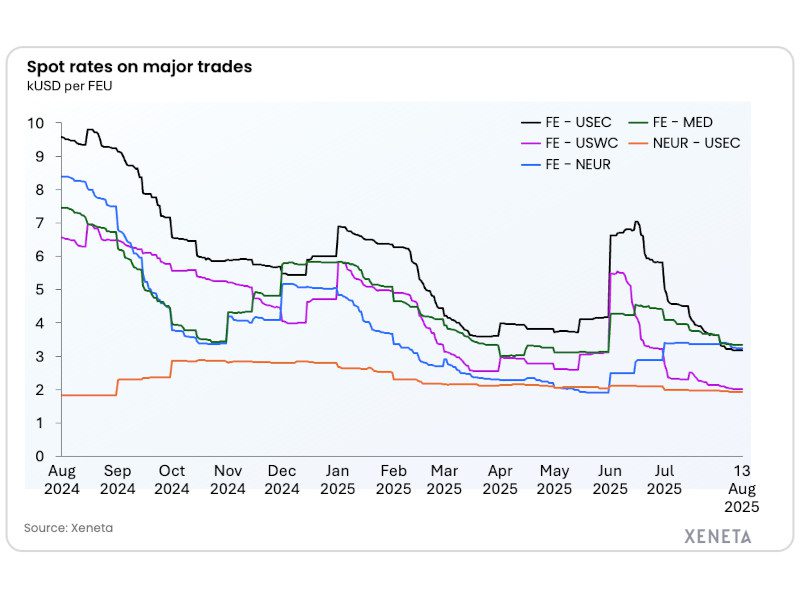The British Ports Association (BPA) has welcomed the publication of the UK Government’s Port Connectivity Study; ‘Transport Infrastructure for our global future’, but suggested that investment guarantees, support and guidance for local planners and a new overarching freight strategy would be needed for Government to deliver on many of the report’s recommendations.
The Study, along with a set of regional case studies on port connectivity to be officially launched by the UK Maritime Minister, Nusrat Gharni today at the BPA’s Annual Lunch in London and it includes a number of recommendations about raising the profile of ports with Government and beyond.
Welcoming the initiative the BPA’s Chief Executive, Richard Ballantyne said:
“Ports are vital components of the UK economy, acting as gateways for 95% of the UK’s international trade, as well as providing regional hubs for economic activity and employment. The sector is independent of Government but does rely on public investment in road and rail connections and this Study highlights a number of challenges for policy makers.”
The Study also includes a calls to arms for the UK ports industry to examine ways to promote itself to other parts of UK Government and highlight the value of the sector. In the last 12 months the BPA has been more active in Westminster and in the regions raising the profile of the industry in general.
On the Study Mr Ballantyne continued:
“We look forward to working with the relevant parts of government along with industry partners to explore ways to promote what ports do and the reasons why port connectivity should be prioritised. Nationally, Government is starting to understand the issues and we saw good progress in the last Road Investment Strategy where a handful major port schemes were recognised. The feedback we have received from regional policy makers however centres on limited resource. Local authority budgets have come under much pressure and they will need both strategic direction and investment if challenges such as new links, bottlenecks and ‘last mile connections’ to ports are to overcome.
The quality of the road network is critical for efficient freight movement and business growth and roads are vital for UK ports, handling up to 85% of port hinterland traffic. There are also aspirations to increase rail freight in the UK and the BPA has previously called for increased capacity on the network. Improving existing links to ports and exploring new opportunities for those ports currently without rail access should be prioritised. There are also opportunities for developing increased coastal shipping and we are pleased that the Study includes a commitment to explore this policy.”
The Study was launched in 2017 and initially led by former MP and Deputy Chief Whip, Sir John Randall. The industry is grateful for the contribution of the Study’s independent chair, Sir John Randall who oversaw the practical stages of the project and also appreciative of the hard work of the Modal Connectivity team in the Department for Transport’s maritime division.







